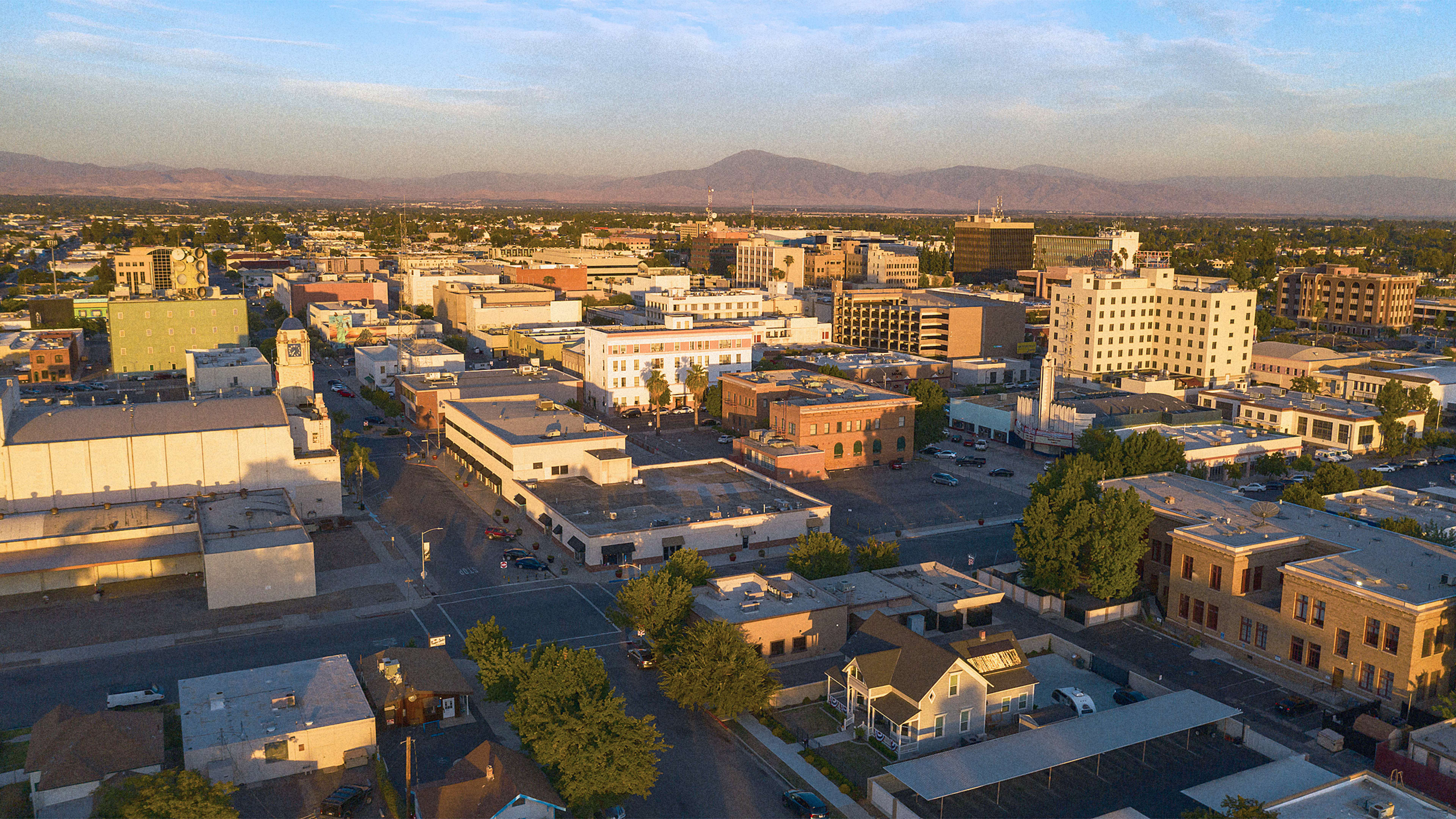Bakersfield, California, struggled with extreme poverty and homelessness long before the pandemic, and when COVID hit, the challenges in fighting those issues only grew. But in 2020, the city and surrounding county still managed to achieve a goal that few other communities have: It reached “functional zero” for chronic homelessness, meaning that long-lasting and recurring homelessness were essentially eliminated.
The city and county are part of Built for Zero, a program that works with communities and cities across the country to end homelessness. Bakersfield began working with Community Solutions, the nonprofit that runs the program, five years ago. In January 2020, the community hit the threshold for functional zero—fewer than three people experiencing chronic homelessness at any given time—and then sustained it even as the pandemic began to take hold. (Chronic homelessness is defined as lasting more than a year or repeatedly over three years.)
“That was as COVID was starting,” says Eddie Turner, the strategy lead for Built for Zero at Community Solutions. “And so the number went up. But then, because they had done the sustainable, sticky, systems change work, their numbers came back down, and stayed in that ‘ended chronic homelessness’ range.”
As in other cities working that are part of the program, agencies in the Bakersfield area embraced an approach called a “by-name” list, which tracks every individual experiencing homelessness in the area, along with details about their situation and needs. “It’s hard for agencies or county governments to think of people experiencing homelessness in the abstract when you’re really dealing with them by name,” Turner says. “They’re not a number on a spreadsheet.”
The approach also makes it easier for a network of agencies to quickly respond. “Someone experiencing chronic homelessness gets housed in an average of 28 days in Kern County [where Bakersfield is located],” he says.”They have a really powerful by-name list system. Someone knows about them right away. And someone knows enough about them to figure out the next step to pull them into the housing process.”
Agencies, nonprofits, and shelters work together to help all of the individuals on the list, something that didn’t happen in the same coordinated way in the past. The list provides “a shared brain,” Turner says. “Everyone’s coordinating data. Everyone’s funneling the clients, and they’re talking to each other every day in that common data source that allows them to prioritize the names and figure out where the most help is needed the fastest.”
The groups also pioneered what Community Solutions calls case conferences, where managers from nonprofits meet each week to talk about 15 people who need help that week. “It transformed the speed with which the Bakersfield system was housing people,” says Turner. Now other communities in the Built for Zero network are adopting the same approach.
The team also works closely with landlords, building relationships so that they’re willing to rent to people who have experienced homelessness—something that many have been reluctant to do in the past, even with the guarantee of voucher payments from the government. Finding affordable housing is becoming even more of a challenge during the pandemic, says Anna Laven, the executive director of the Bakersfield Kern Regional Homeless Collaborative, and that’s why it’s even more critical to get support from landlords. “As we get folks housed, the supply of affordable housing that’s available continues to diminish,” she says. “Of course, that’s not just a challenge here in Kern County, but across the state and across the country.”
The community is now beginning to work on goals to end homelessness for veterans and youth. The work on chronic homelessness will continue, as the community faces ongoing challenges from the pandemic. “We’re firm believers that you don’t get to functional zero once,” Turner says. “You create a team that gets to functional zero the first time, and then you’re continually getting to functional zero.”
Recognize your brand’s excellence by applying to this year’s Brands That Matter Awards before the early-rate deadline, May 3.
